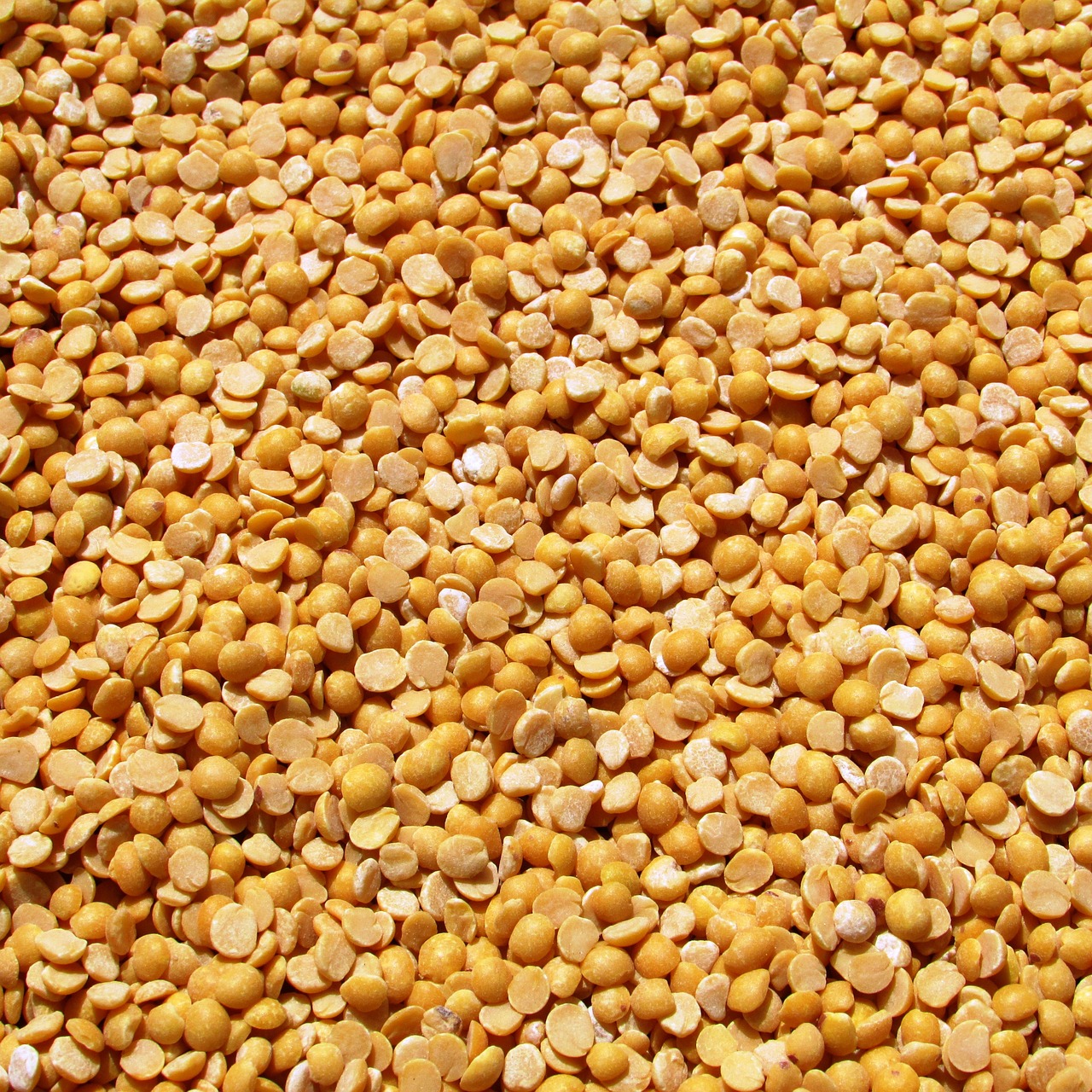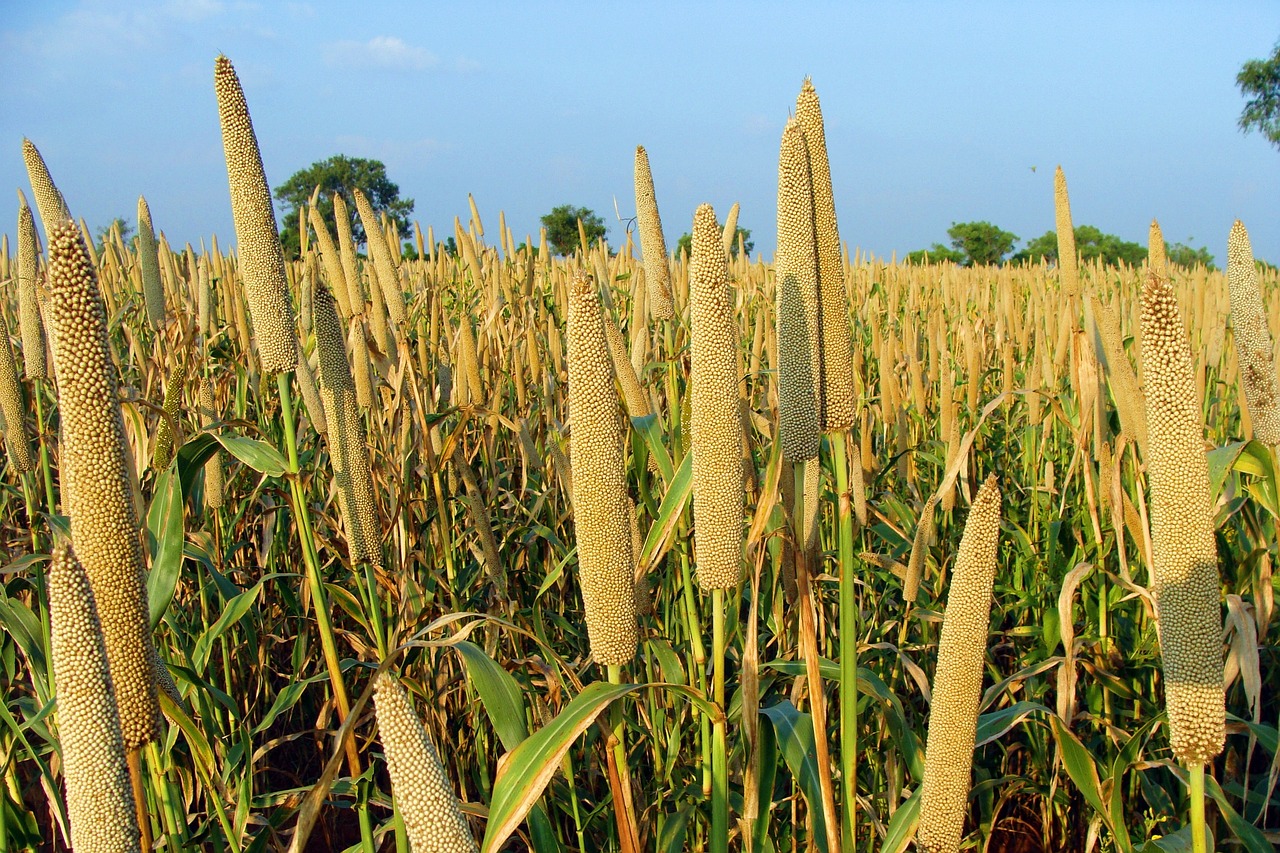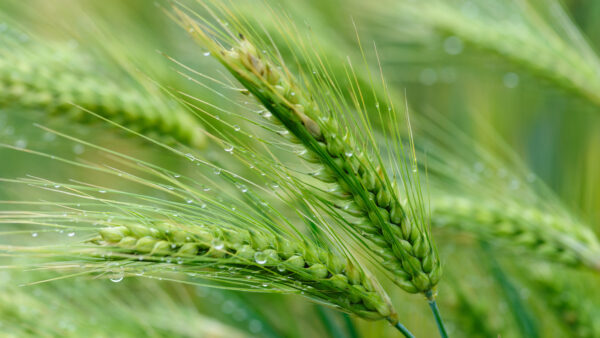The International Crops Research Institute for the Semi-Arid Tropics (ICRISAT) has pioneered the world’s first pigeon pea speed breeding protocol, further bolstering food security in Asia and Africa, according to a release.
The new convention offers a significant reduction in the time needed to develop pigeon pea lines with desirable traits, thereby accelerating the delivery of food to dryland communities.
Traditionally, pigeon pea breeding could span up to 13 years. However, the new protocol prioritizes material breeding and precise management of factors such as photoperiod, temperature, and humidity. As a result, the breeding cycle can now be condensed to just two to four years, a notable improvement from the conventional period of seven years.
The release notes that pigeon pea, a staple in tropical and subtropical diets, is crucial for food security and soil health globally and is lauded for its nutritional value and versatility.
“This pigeon pea speed breeding protocol represents a significant advancement for major pigeon pea producing regions, paving the way for self-reliance in pulse production and meeting the dietary necessities of nations such as India, Myanmar, Kenya, Tanzania, Myanmar, and Mozambique,” said Jacqueline Hughes, Director General of ICRISAT. “I commend our researchers and partners for developing this protocol, which promises to enhance food and nutrition security in the drylands. This achievement is particularly timely, coinciding with World Pulses Day celebrations, highlighting the global significance of pulses.”
Historically, pigeon pea’s extended growth period and susceptibility to day length variations posed obstacles to breeding endeavours, resulting in the release of only around 250 varieties worldwide over six decades.
However, this innovative speed breeding protocol directly tackles these challenges, empowering researchers to swiftly cultivate climate-resilient, nutritionally enhanced, and higher-yielding pigeon pea varieties at an unprecedented rate.
Following the success of a similar methodology for chickpea, Sean Mayes, Director of ICRISAT’s Global Research Program – Accelerated Crop Improvement, said that the new protocol underscored the Institute’s commitment to food and nutrition security in the drylands.
“Building on our achievements with chickpeas, we’re proud to extend our speed breeding protocols to pigeon pea, marking a significant milestone towards securing a nutrition-rich future,” said Mayes.
The rising demand for pigeon pea in India, with projections indicating the need to import 1.2 million tonnes by March 2024, emphasizes the importance of implementing this open-access protocol.
This protocol serves as a blueprint for expeditious and effective development of pigeon pea varieties, making a substantial contribution to the objective of attaining self-sufficiency in pulse production.
Accorsing to the release, the new protocol, accomplished through the establishment of ICRISAT’s Rapid Generation Advancement Facility, owes its success to the generous support from donors via CGIAR initiatives, underscoring the spirit of collaboration in agricultural innovation. Significant backing for the project to develop the new protocol was received from the Rastriya Krishi Vikas Yojana (RKVY), Government of Odisha, the Indian Council of Agricultural Research, and the Government of India.











